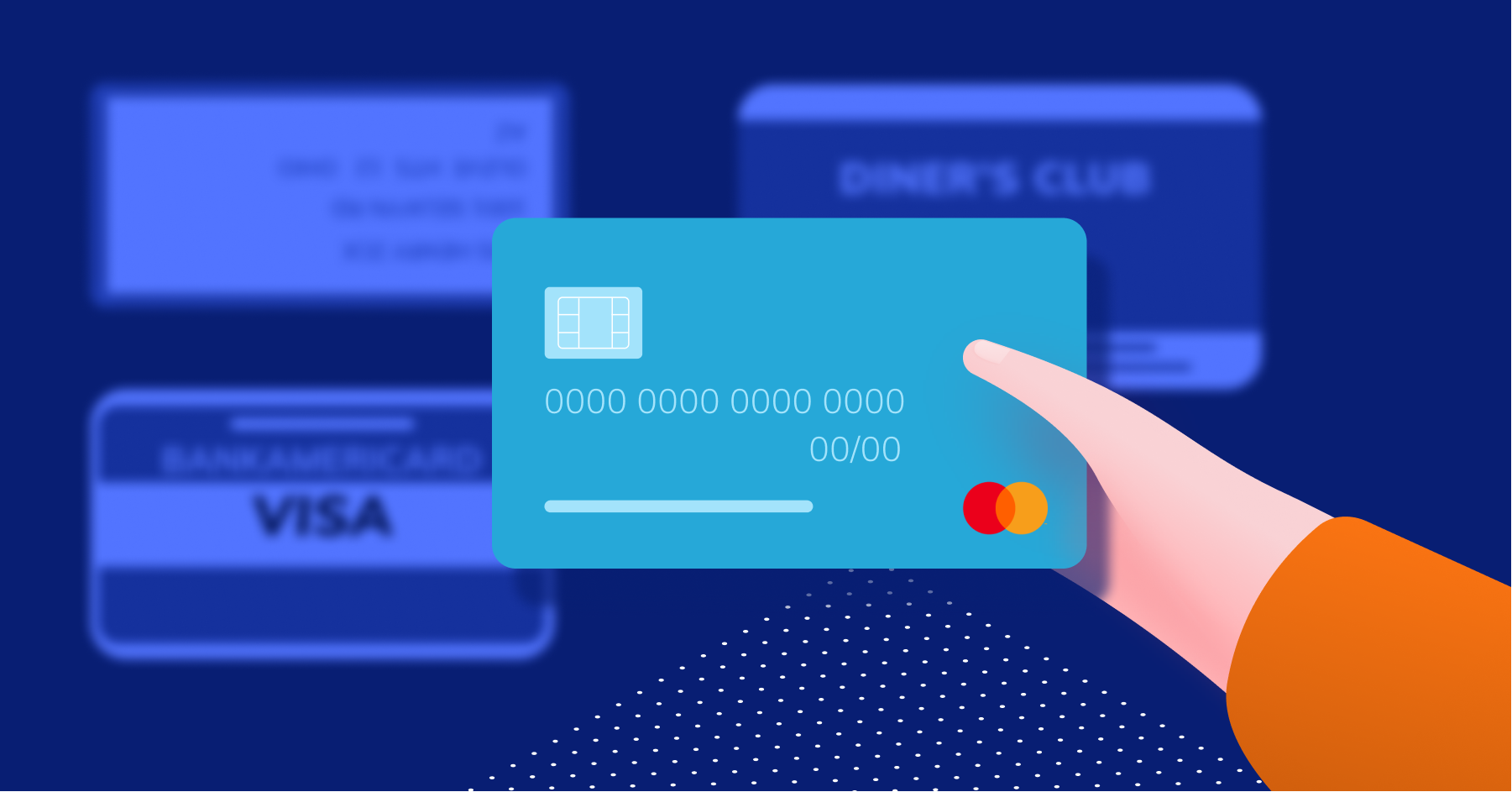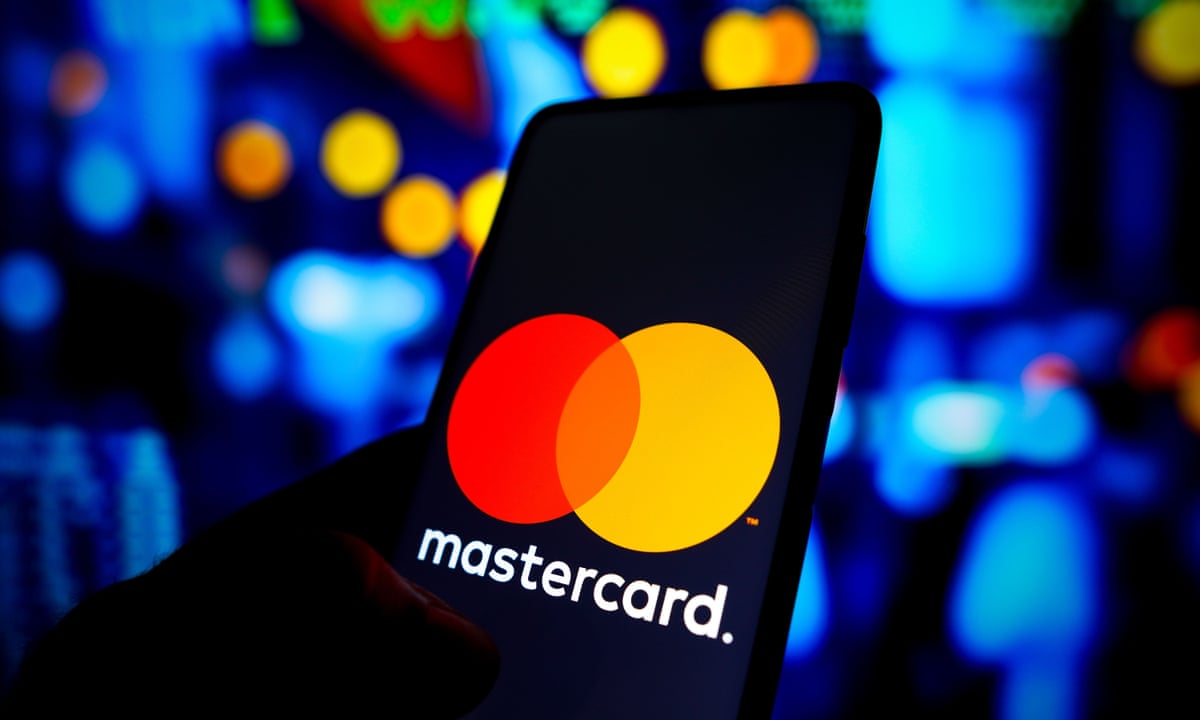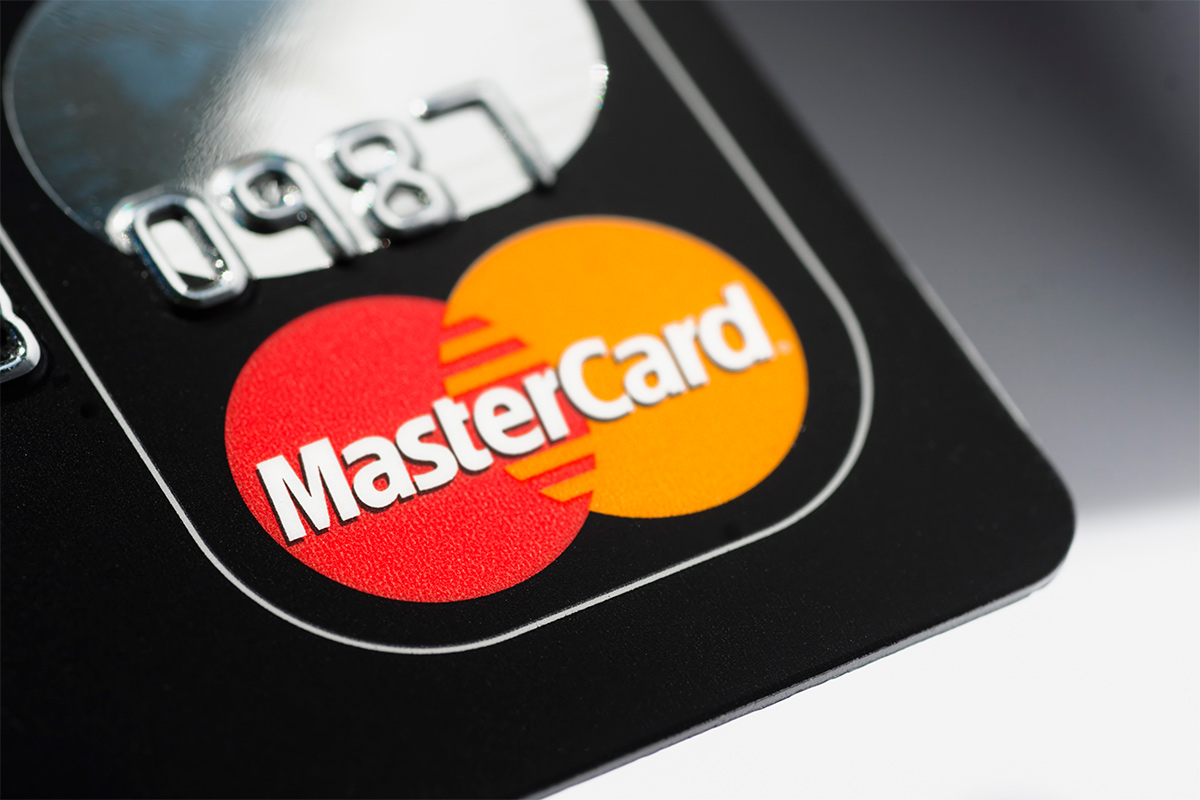Mastercard Launches CVC-less Payments for Tokenized Credit, Debit Cards in 2023

Mastercard Launches CVC-less Payments for Tokenized Credit, Debit Cards in 2023
On the back of debit and credit cards is a three-digit number called the CVC. The instructions set out by the Reserve Bank of India (RBI) provide that businesses must only collect the CVC once while tokenizing a card.
On Thursday, the payment network Mastercard introduced CVC (Credit Verification Code)-free online transactions for customers who have tokenized their debit and credit cards on merchant systems.

Debit and credit cards have the three-digit CVC code written on the back. The instructions set out by the Reserve Bank of India (RBI) provide that businesses must only collect the CVC once while tokenizing a card.
Cardholders must choose their tokenized card from the checkout screen, confirm the one-time password, and complete the transaction without inputting the CVC starting with the second transaction.
The effective date of these rules was October 1, 2022. Several e-commerce businesses, including Zomato and Cashfree Payments, have already used CVC-less payments. These CVC-free online transactions can benefit companies by increasing authorization rates, lowering cart abandonment, and improving the payment experience for customers.
The Mastercard news comes at a time when Indians are increasingly using credit cards. Including tools like the RuPay credit card on the unified payments interface has helped with this.

Although credit card spending decreased 2.4% month over month to ‘1.37 trillion in June, it remained above the ‘1 trillion threshold.
Anubhav Gupta, senior vice president of Mastercard South Asia, stated that tokenized cards with CVC-less payments facilitate and secure online domestic card payments.
In a revolutionary move towards providing a more secure and seamless payment experience, Mastercard has announced the launch of CVC-less payments for tokenized credit and debit cards. This announcement in 2023 marks a significant step in advancing payment technologies and digital security.
The Card Verification Code (CVC) is a security code found on credit and debit cards. A three- or four-digit code adds an extra layer of security during transactions. CVC-less payments refer to transactions that don’t require this security code.
In its stead, Mastercard has integrated tokenization technology, providing an even more secure and frictionless authentication method.

Tokenization replaces the traditional 16-digit card number and CVC with a unique “token,” a complex string of characters that only corresponds to the cardholder’s account. This token is virtually meaningless outside the transaction context and cannot be traced back to the card’s original details, making it incredibly secure.
How it Works
When a user wants to pay, the token is requested from the token service provider. The token service provider generates a token corresponding to the user’s card details.
This token is transmitted instead of the card’s actual details. The transaction is processed using the pass.
The payment processor de-tokenizes the token to the card details in a secure environment, finalizing the transaction.
Tokenization provides enhanced security as the card details are never exposed during the transaction. If a breach occurs, the tokens obtained by hackers would be useless.
Users can enjoy a more streamlined and quicker checkout process by removing the need to enter a CVC.

Tokenization allows for better compliance with regulations and gives merchants more control over transactions without handling sensitive card information.
The shift to CVC-less payments with tokenization requires integration with existing payment systems, which may be complex and costly for some merchants.
Consumers must become acquainted with this new technology, and it’s essential to ensure they understand its benefits and usage.
Mastercard’s move towards CVC-less payments for tokenized credit and debit cards in 2023 is a landmark step towards improving security and convenience in digital payments. By integrating cutting-edge tokenization technology, Mastercard is leading the way in a shift that could redefine how we engage in e-commerce and online financial transactions.
The launch also represents an exciting opportunity for retailers, banks, and other stakeholders in the payment industry to adopt a more modern, customer-friendly approach.

As the technology matures and more people become familiar with tokenization, it’s expected that other major players in the financial industry will follow suit, making CVC-less and tokenized payments the new standard for secure, seamless transactions.




